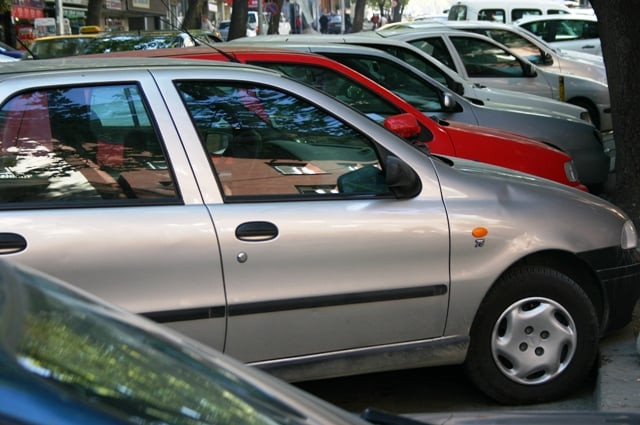Auto assemblers say cannot sustain liberal import policy
Parts makers suffered Rs25 billion revenue loss in a year.

They say in the presence of inconsistent government policies, the industry will be reluctant to invest in new technology, as it fears it may lose the investment.
Speaking at a press conference here on Tuesday, the representatives of Pakistan Automobile Manufacturers Association (PAMA) and Pakistan Association of Automotive Parts and Accessories Manufacturers (Paapam) said inconsistent car import policy of the government is one of the biggest reasons why the automobile industry is not showing consistent growth.
Paapam former chairman Aamir A Allawala pointed out that around 55,000 cars were imported from July 2011 to June 2012, and went on to claim that this caused an annual revenue loss of Rs25 to Rs30 billion to the local auto parts makers alone, but did not elaborate further on the numbers.

In support of his claim, he said average cost of a Pakistani car (excluding taxes) is Rs750,000. An average Pakistani car uses 60% of local components and the value of such components is around Rs450,000. This is the amount that the parts makers lost on each imported car, he said.
Most people believe that locally assembled cars are much more expensive than vehicles manufactured in other countries, but this is a wrong perception, the industry representatives said while giving a comparison between prices of Pakistani cars and those manufactured in regional countries.
Pakistani cars are cheaper than most cars manufactured in India, Allawala claimed, adding 1,800cc Toyota Corolla is being sold in India for $16,334 (retail price excluding taxes) while the price of the same car in Pakistan is $13,253, lower by $3,081.
Including taxes, the retail price of Toyota Corolla in India is $26,744 while in Pakistan it is $19,781, a difference of $6,963.
Similarly, the retail price of 1,800cc Honda Civic in India he said was $19,216 (excluding all taxes) while the same car is being sold for $15,214 in Pakistan, a difference of $4,002, he said.
After including all taxes, the difference in prices of Honda Civic in Pakistan and India is $7,403. In India, Civic is being sold for $30,455 while it is available at $23,052 in Pakistan.
The automakers and vendors have underlined the need for revision in the import duty slabs, saying the old duty structures are favouring car importers.
In response to a question, PAMA Director General Abdul Waheed cautioned the consumers, who are opting for imported used cars, saying they were making a wrong decision.
“The buyers of used cars may spend less initially, but eventually they pay much more in terms of expensive maintenance and low resale value compared to a new car,” he said.
Published in The Express Tribune, December 12th, 2012.



















COMMENTS
Comments are moderated and generally will be posted if they are on-topic and not abusive.
For more information, please see our Comments FAQ